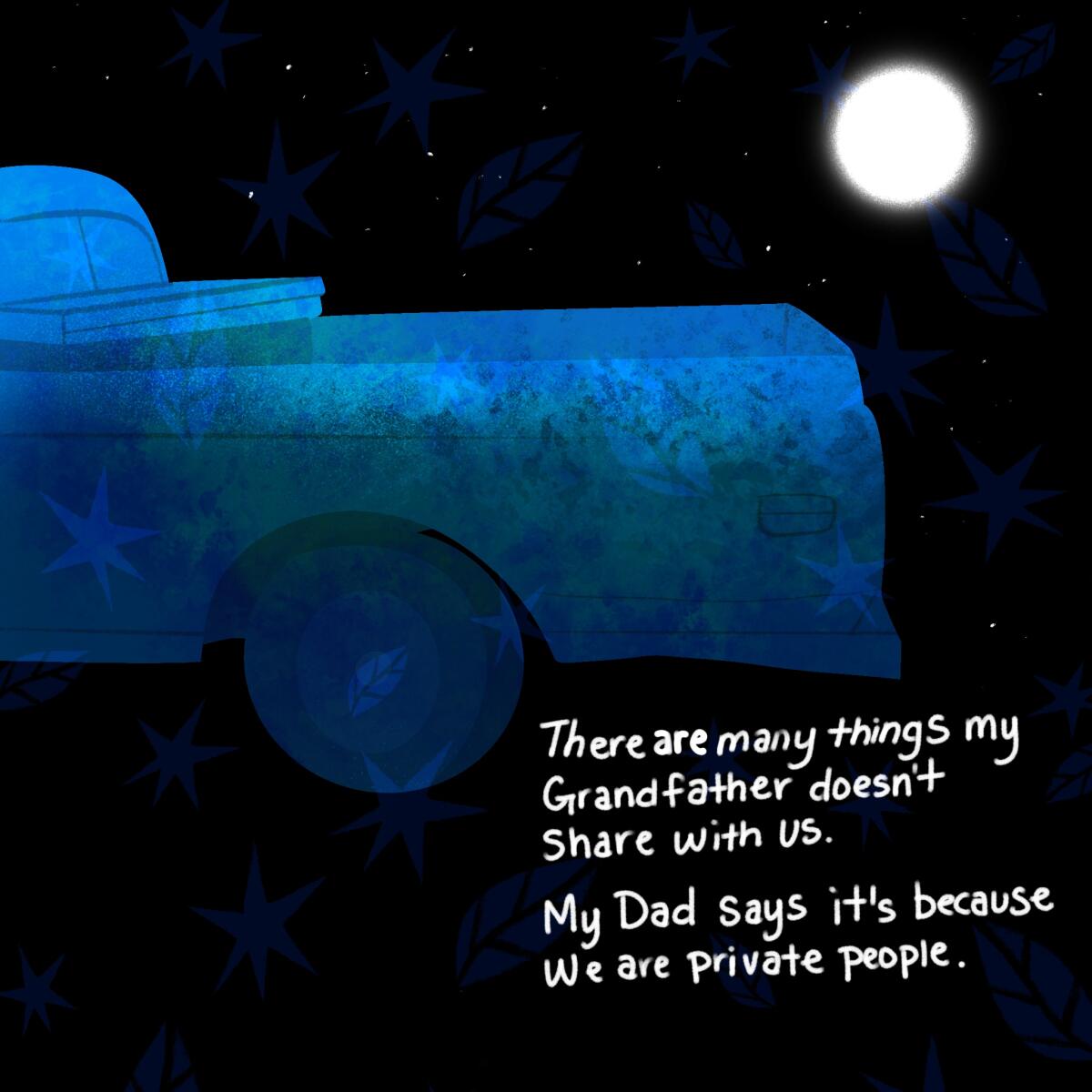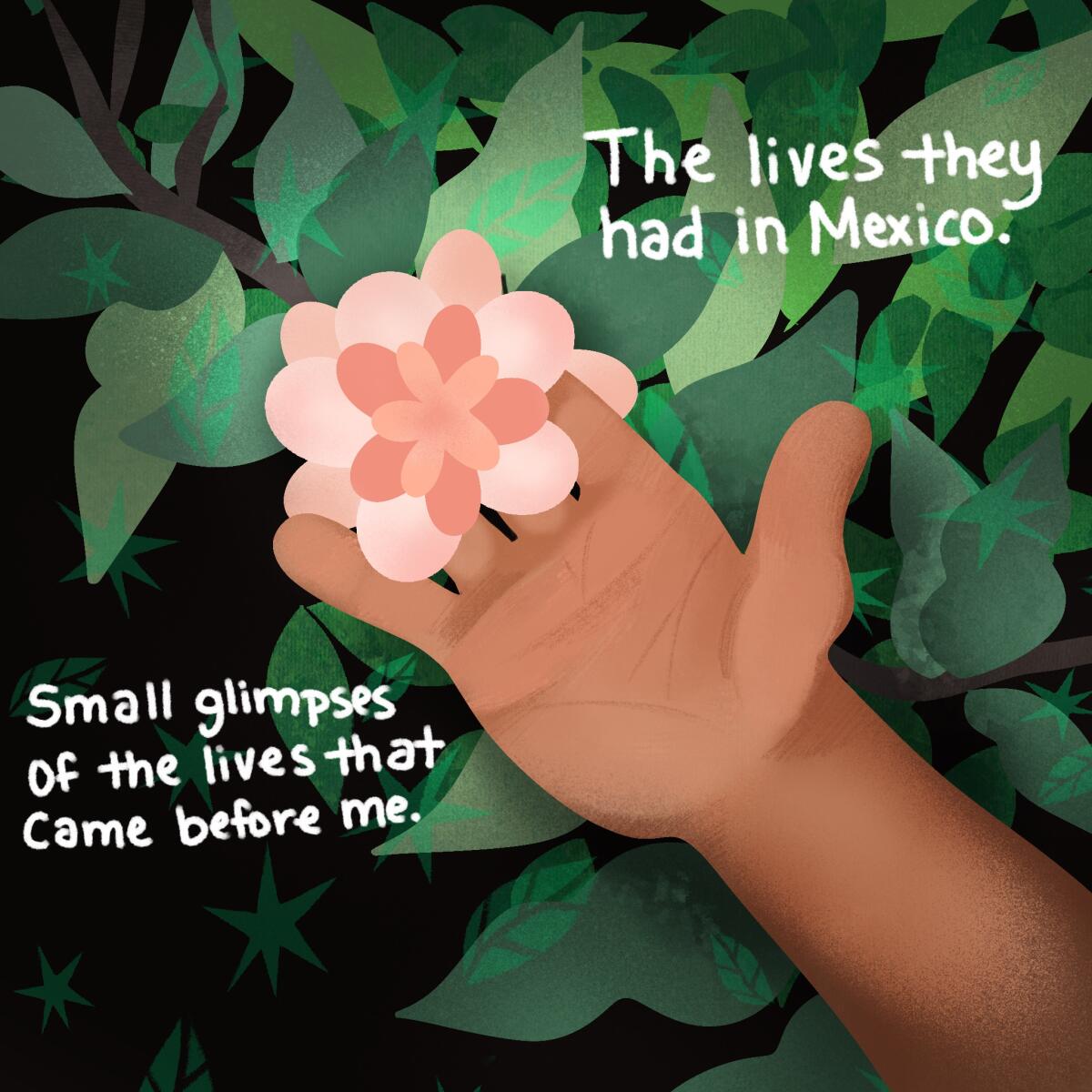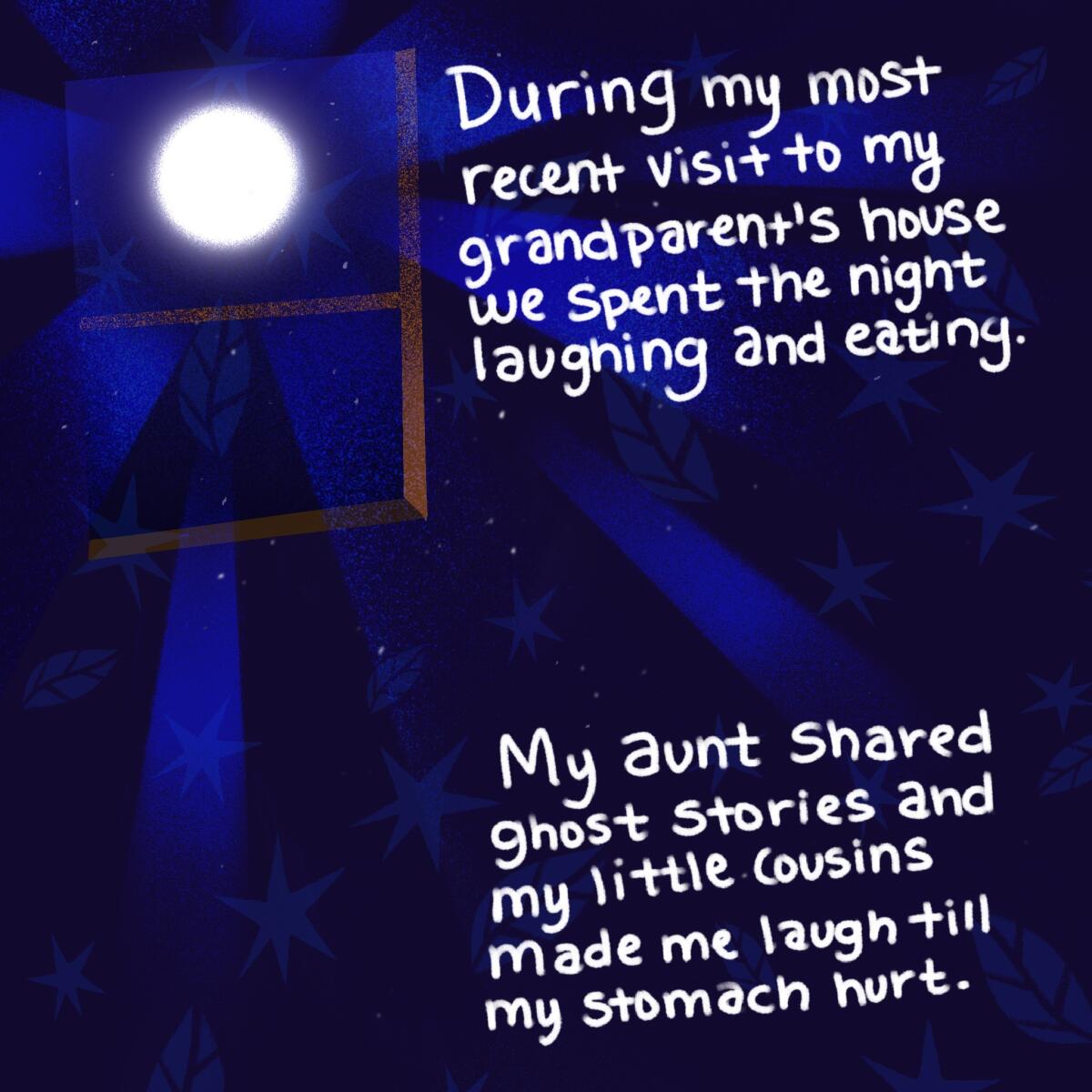Latinx Files: It’s Latina Equal Pay Day

Today is Latina Equal Pay Day. a symbolic date meant to highlight a glaring economic disparity hindering Latinas.
In 2021, Latinas — including those working part time — earned 54 cents for every dollar their white male counterparts made. For those working full time, that figure goes up nominally to 57 cents on the dollar. For comparison’s sake, white women earned 73 cents on the dollar.
That means that Latinas have to work nearly twice as long to make the same amount of money.
This pay disparity adds up. According to a National Women’s Law Center report published in March, this gap will end up costing the average Latina nearly $1.2 million over a 40-year career.
“Latinas are either going to have to work until they die, if they’re going to try and recover any of this gap, or she’s going to lose that money,” Jasmine Tucker, who wrote the report, said to NBC News.
That’s money out of their pockets that won’t be going to paying rent or buying groceries.
At this rate, it would take until 2197 for Latinas to achieve equal pay, per the American Assn. of University Women, a nonprofit organization that advocates for gender equity.
Equally troubling is the fact that the pay gap is present for Latinas across the board, regardless of age, educational level or job.
The Latinx experience chronicled
Get the Latinx Files newsletter for stories that capture the multitudes within our communities.
You may occasionally receive promotional content from the Los Angeles Times.
No matter how you slice it, it all boils down to the same thing: Latinas are severely underpaid.
That’s a bum deal if you ask me.
There is somewhat of a silver lining, however. At least in California.
Senate Bill 1162 will go into effect Jan. 1. The new law requires companies in the Golden State with 15 or more employees to include salary ranges for job postings. Similar laws have already been passed in Colorado, Connecticut and Washington.
“This is a big moment for California workers, especially women and people of color who have long been impacted by systemic inequities that have left them earning far less than their colleagues,” state Sen. Monique Limón (D-Goleta), the bill’s author, said in September. “As we continue to build a sustainable economy, we must ensure every worker is paid equitably.”
The intent of the new law is to give more leverage to workers when it comes to negotiating pay. According to the NWLC, women and people of color were more successful in negotiating salary when companies disclosed those pay ranges upfront.
It’s certainly a step in the right direction, but clearly more needs to be done. Until that happens, the inequities affecting Latinas will only compound over time.
Consider subscribing to the Los Angeles Times
Your support helps us deliver the news that matters most. Become a subscriber.
Things we read this week that we think you should read
— Here’s a positive story related to Latinas and money from the New York Times: “Younger Latinas Are Making Gains Toward Retirement Savings.”
— In case you missed it, Times staff writer Margot Roosevelt reported last week that an Inglewood carwash operator was fined more than $900,000 for paying its workers below the minimum wage and denying them overtime and rest breaks.
— HBO announced last week that it had canceled “Los Espookys,” a move that lends further credence to the notion that Warner Bros. Discovery is screwing over Latinxs. To help you mourn the loss of this beautiful and weird show, I suggest you read this wonderful eulogy written by columnist Carolina Miranda. This part right here though:
“Los Espookys” gave us us a world in which Latinos existed only in relation to themselves, not as satellites orbiting the United States — and that felt revelatory.
— For the latest edition of Image, Julissa James wrote about the lasting legacy of the Homies figurines, and how the toys are an archive of Latinx fashion.
— El compa Eduard Cauich, who is in Qatar covering the World Cup, wrote about the strong and noticeable presence of Latinx fans at the biggest and most important sporting event on the planet. On a personal note, the continuous flow of content featuring Mexico fans has taken some of the sting off El Tri’s forgettable and embarrassing performance. This is an L.A. Times en Español story in Spanish.
— Here’s a list of the best tamales in Los Angeles, according to food editor Daniel Hernandez and critic Bill Addison.
— Block Club Chicago and Borderless Magazine, two publications you should add to your must-read list, have put together a series called “After the Buses,” which follows 10 of the Venezuelan migrants bused to Chicago as part of Texas Gov. Greg Abbott’s dehumanizing political stunt.
—In last week’s newsletter, I wrote about a plan approved by the San Francisco Board of Supervisors that would let police use robots equipped with explosives to administer lethal force. A week later, the board reversed its decision.
And now for something a little different...










Amber Marquez is a Mexican American illustrator based in Brooklyn, N.Y. She enjoys telling stories through illustration and exploring her life and the lives that came before her.
“I recently visited my grandparents’ house and for the first time was introduced to parts of my family that had been a mystery to me. I chose to depict an interaction I had with my grandfather and hearing him talk about his mother for the first time. It is beautiful and painful to hear the similarities you have with family members you can never meet.”
Are you a Latinx artist? We want your help telling our stories. Send us your pitches for illustrations, comics, GIFs and more! Email our art director at martina.ibanezbaldor@latimes.com.
The Latinx experience chronicled
Get the Latinx Files newsletter for stories that capture the multitudes within our communities.
You may occasionally receive promotional content from the Los Angeles Times.




